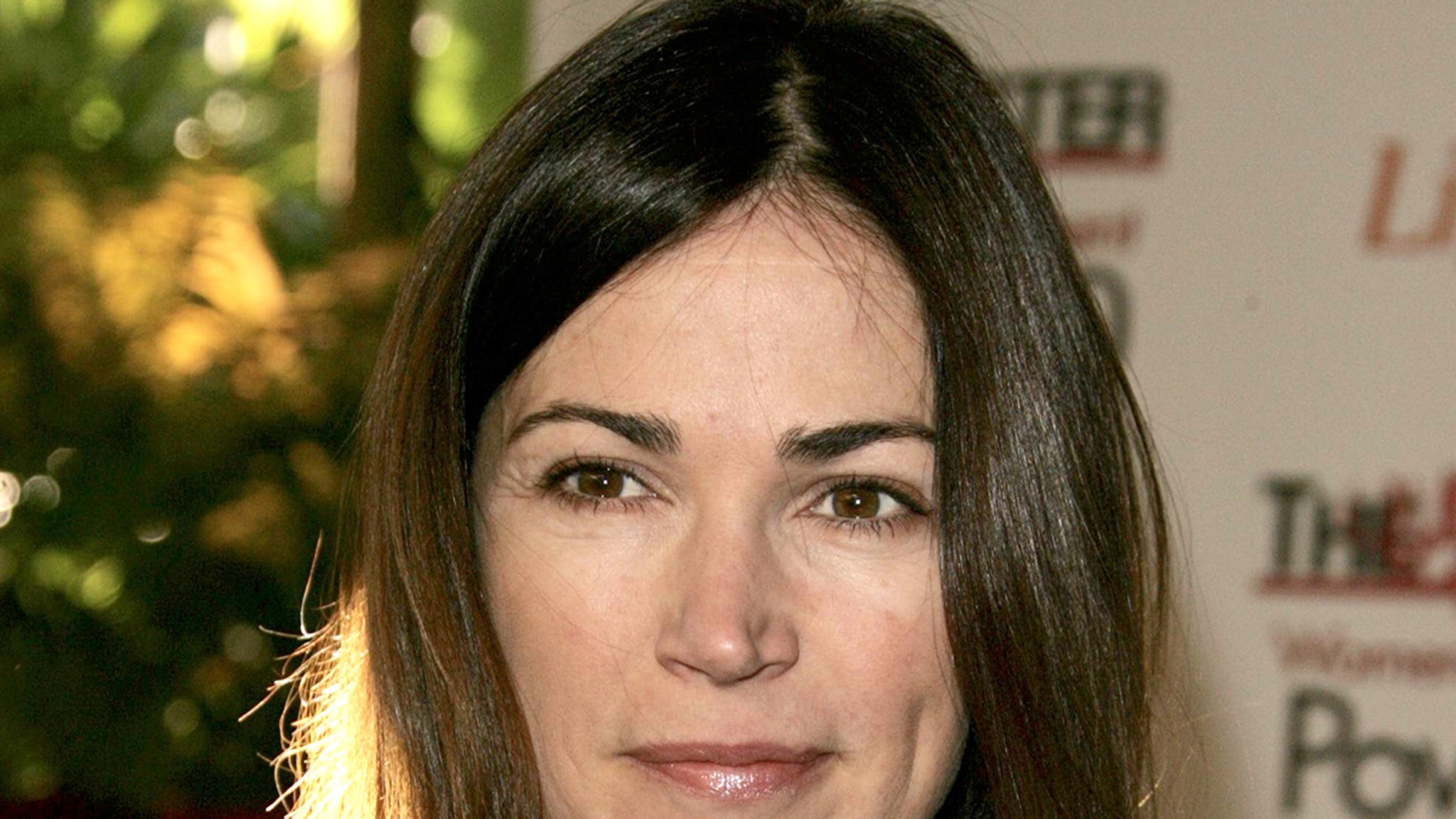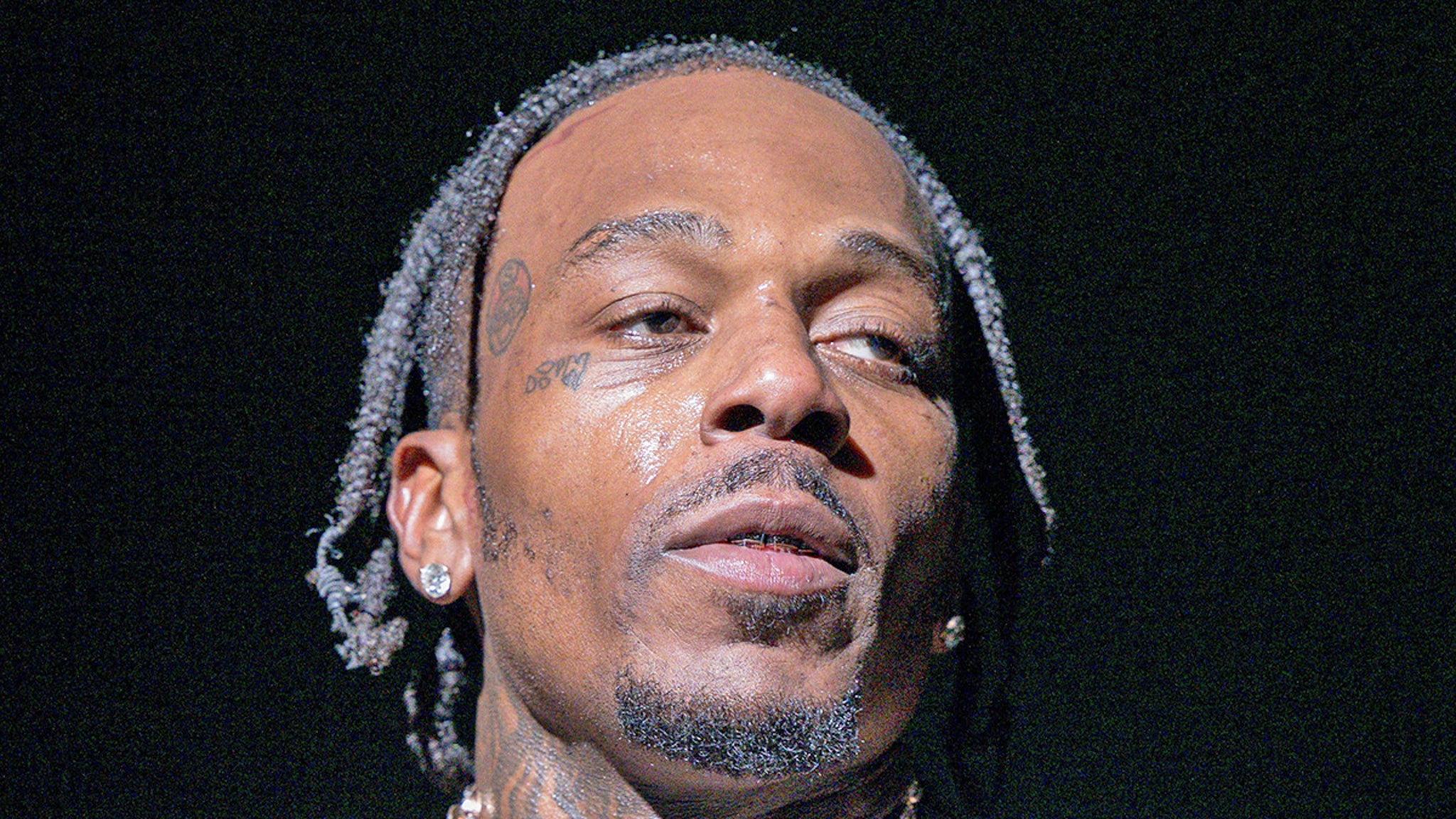Culture
‘Zero Day’ Is a Throwback Thriller With Modern Echoes

The filmmaking itself is more grounded. Conspiracy and paranoia have their own aesthetic designed to make the viewer feel powerless, as if some all-seeing eye is always on the job. Lesli Linka Glatter, an executive producer who also directed all six episodes of “Zero Day,” sought to create a sense of anxiety within scenes by alternating between objective and subjective points of view and between different camera modes, like Steadicam and dolly shots.
“I did a lot of shots that had a very heavy ceiling, that make it feel like the world is oppressive, weighing down on you, and there’s a little human in there,” she said. “I wanted to get the sense that the ground we are standing on is not solid. You feel it almost internally more than you can put your finger on what it is.” (Glatter was also a director and executive producer of the deeply paranoid Showtime series “Homeland.”)
The predominant tone in the conspiracy films of the 1970s is futility. The heroes are generally up against forces they can’t comprehend. As Newman put it, “There’s this sort of oppressive theme of a system that’s a monolith and impenetrable. We talked about all those films again and again and again, and we aspired to that.”
Jack Nicholson’s Jake Gittes felt it at the end of “Chinatown” (1974), crushed by corrupt forces more powerful than he can ever be. In Francis Ford Coppola’s “The Conversation” (1974), Gene Hackman’s surveillance expert Harry Caul, not terribly stable to begin with, is driven mad after his very secretive work leads to a murder.
This was the age of the Warren Report, Vietnam and Watergate, when distrust in the government spread rapidly through a country on edge. “There’s a reason why so many great conspiracy films were made in the ’60s and ’70s,” Oppenheim said. “Whenever there’s tumult in society, I think this genre has a resurgence.”
But if the U.S. is going through a similar instability now, all is not lost in “Zero Day.” There’s a sliver of hope at the end of the series, or at least something that pushes beyond pure fatalism.
“We very consciously reject the futility that is sometimes suggested by those ’70s conspiracy thrillers,” Oppenheim said. “We hopefully point to a path forward for people. As broken as any system might be, every one of us still has a moral compass inside ourselves, and we can still choose to do the right things.”





























